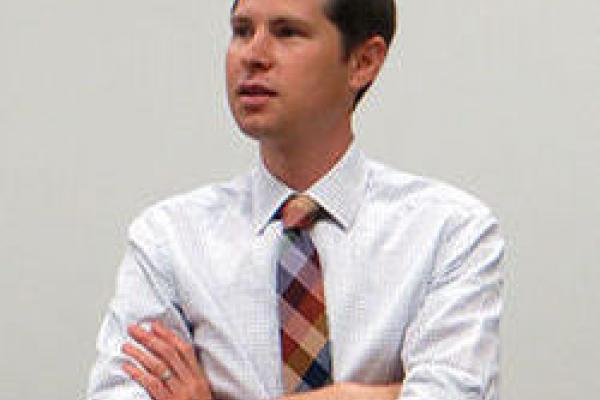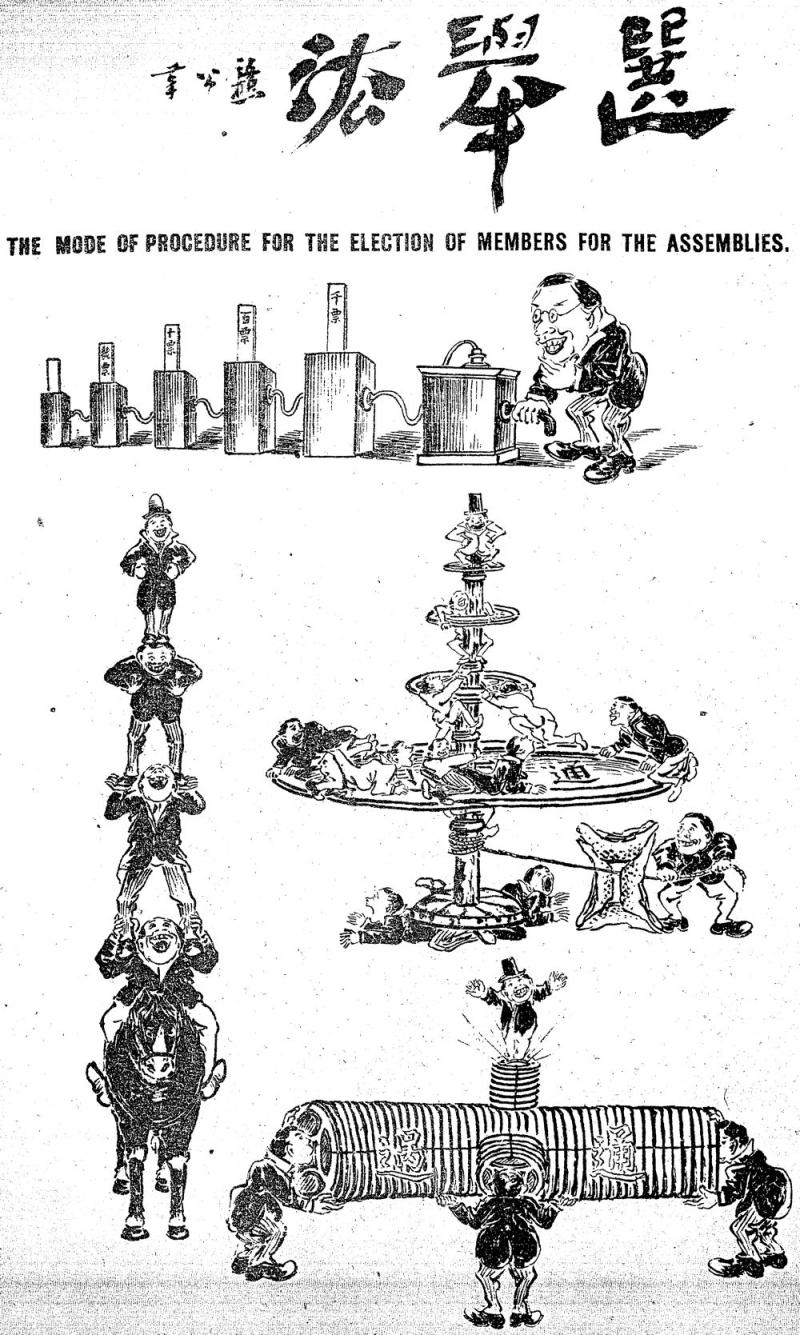
Institute for Chinese Studies presents the "China and the International Mediasphere" Lecture Series
“The Lexicon of Elections: Language and Politics in 19th and 20th Century China”
Professor Joshua Hill
Department of History
Ohio University
Abstract:

When Parliament narrowly voted in April 1840 to affirm Britain’s aggressive policies at the start of the Opium War, the Chinese language lacked terms a “parliament” and “voting.” Seventy-two years later, the anti-monarchical revolutionaries who had overthrown China’s last dynasty wielded a standardized vocabulary in their struggle to build representative assemblies, hold free elections, and popularize voting.
Yet this lexicon had not been created out of nothing; instead, new meanings were assigned to preexisting words, phrases, and compounds drawn from the political vocabulary of late imperial China. Even as they were appropriated to describe elections, these terms retained aspects of their original meanings.
The language used to discuss elections around the time of the 1911 Revolution fundamentally affected how Chinese participants understood their country’s nascent republican institutions. Their largely negative observations, in turn, still profoundly—and disproportionately—influence our contemporary understanding of the legacy of these early experiments with elections. This talk investigates the lexicon of early twentieth century Chinese elections in order to reexamine their historical significance.
Bio:
Joshua Hill is a historian of modern China, with a specific focus on political ideas, institutions, and practices. His current book project, Voting as a Rite: A History of Elections in Twentieth Century China, examines the intellectual and cultural significance of voting during the late Qing, the Republic, and the early People’s Republic. He also translates contemporary Chinese historical scholarship into English; his most recent translation is Xu Qiyu’s Fragile Rise: Grand Strategy and the Fate of Imperial Germany [Cuiruo de jueqi: dazhanlüe yu Deyizhi diguo de mingyun].
Hill is assistant professor of history at Ohio University. He was a postdoctoral scholar at the University of California, Berkeley’s Center for Chinese Studies in 2012-13 and earned his Ph.D. from Harvard University in 2011.
Co-sponsor: Department of History
This event is sponsored in part by a U.S. Department of Education Title VI grant for The Ohio State University East Asian Studies Center.
